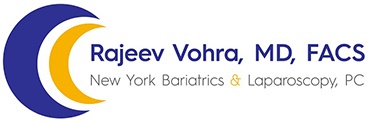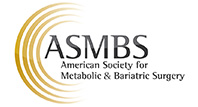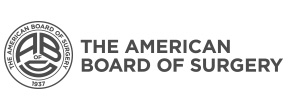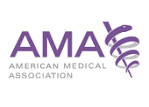FAQs
What is considered morbid obesity?
Morbid obesity is weight of 100 lbs. above ideal body weight or a body mass index (BMI) of 40 or greater.
What is Body Mass Index (BMI)?
Body Mass Index takes into account a person’s weight as well as their height (BMI Calculator).
What is the success rate for weight loss surgery?
70-80% of patients who have weight loss surgery are successful over the long term.
Is weight loss surgery a guarantee for permanent weight loss?
No. Permanent weight loss is a lifestyle change and patients needs to follow the dietary guidelines in the months and years following the procedure.
What types of bariatric surgical procedures can be performed?
There are different bariatric surgical procedures available. We discuss each of the procedures and its risks and benefits at our free information seminar. The procedures are:
- Laparoscopic Gastric Bypass Surgery
- Gastric banding (LapBand)
- Laparoscopic Gastrectomy
The decision of which surgery is best for you is typically made during the consultation between the surgeon and the patient.
What are the advantages of laparoscopic surgery?
Surgical procedures used to treat morbid obesity include the traditional open technique as well as a new minimally-invasive or laparoscopic technique. At New York Bariatrics & Laparoscopy, we perform the new minimally-invasive laparoscopic surgery which means less postoperative pain, a shorter hospital stay and a rapid return to normal activities. There are fewer complications when surgery is performed laparoscopically. 99% of our patients have surgery laparoscopically.
How long does the operation take?
Anywhere from one to two hours. In some cases it may take longer.
What are the greatest risks associated with gastric bypass surgery?
Potentially fatal risks include leaks from the stomach or intestine and embolism (blood clots). The chances of these complications occurring are between 1% and 2%. The risk of death associated with bariatric surgery is less than 1%.
Must I be in good health to qualify for the surgery?
No. Many patients are in poor health because of diseases caused by their obesity. These diseases include diabetes, high blood pressure, heart problems, lung problems, and kidney difficulties.
Will I need any preoperative tests?
There are a series of preoperative tests that are required before the surgery. At the consultation, the surgeon will discuss them with you.
How long does it take to get an appointment for my initial consultation?
Approximately one to two weeks.
After my consultation, how long will it be before I can undergo the procedure?
The waiting period is about two to six months, depending upon precertification approval.
Is this surgery covered by insurance?
Most insurance companies will cover bariatric surgery, however, some have excluded this important health option.
What is precertification approval?
This is the procedure by which the insurance company reviews the medical and dietary history of the patient prior to approving the individual for surgery.
How long will I miss work?
Most patients miss between 1 and 3 weeks of work depending on the type of surgery and their overall health.
How much food can I eat after surgery?
Generally you will eat three small meals and two snacks a day, totally about 1,000 calories.
What can’t I eat again?
Your first meals after surgery will be liquid, then small portions of pureed foods will be introduced. Finally small portions of healthy foods will be part of your regular diet. High sugar or carbohydrate food should always be avoided.
What kind of weight loss should I expect following the procedure?
Most patients lose weight steadily during the first year. Many will lose more than 100 lbs during that time. Some patients lose weight for as long as two years following the procedure and may lose more than 200 lbs during that time.
How long should I expect to be in the hospital?
Anywhere from 1 to 3 days depending upon how you’re feeling post-surgery.
Will I need special care when I arrive home?
Most patients do not need any special assistance after discharge. A small number of patients with physical disability before surgery may require extra assistance.
Who will be attending the follow-up meetings?
The operating surgeon and nutritionist meet together with all post-operative patients at each visit.
After I reach my desired weight, will I have a lot of loose skin? If so, what can be done about that?
We can arrange for a consultation with a skilled plastic surgeon for loose skin removal.




